Hey, Beautiful People! Let’s have a heart-to-heart today. Every time we reach for our favorite skincare, shampoo, or even body lotion, there’s one tiny ingredient silently sitting on the label that sparks big debates: parabens.
I know, it sounds like one of those boring chemistry words you might skip over, but trust me, this little word has a huge impact on your skin, hair, and even overall wellness. And since I’m all about protecting your radiant glow, I want to share the truth about parabens—what they are, why people debate them, and what you should know before adding that next beauty product to your cart.
What Are Parabens, Really? (Parabens Meaning)
Let’s start simple. Parabens are a type of preservative, their main job? To stop bacteria, mold, and fungus from growing inside your beauty products. Imagine your shampoo or lotion without preservatives—yikes, it could turn bad in just a week or two!
So yes, parabens do play a role in keeping products safe and long-lasting. But here’s the catch: while they protect your bottle of shampoo, they might not be doing the same favor for your body. That’s where the controversy kicks in.
What is a Paraben and Why is it Bad?
Great question, and one I get a lot, people consider parabens “bad” because they mimic the hormone estrogen in our bodies. Some studies suggest this could mess with your hormone balance, potentially linking parabens to issues like fertility problems or even breast cancer.
Now, I don’t want to scare you unnecessarily—research is ongoing, and not every expert agrees, but here’s what we do know: parabens easily get absorbed through your skin. Once inside, they can stay in your body for a while. And if you’re using multiple paraben-packed products every day—face wash, moisturizer, shampoo, makeup—the buildup can add up quickly.
Parabens and Your Skin 💧
If you’ve ever wondered: Are parabens good for skin? The short answer is no, not really, while they don’t directly ruin your complexion overnight, they can cause irritation for sensitive skin types. Many people with eczema or dry, reactive skin find parabens trigger flare-ups.
And because parabens may weaken your skin barrier over time, your skin could become more prone to dryness, redness, or premature aging. Yep—you heard me right: the very thing you’re using to preserve your product could be messing with your glow.
Parabens and Your Hair 🌸
Another big question: Is paraben harmful for hair? Sadly, yes. Parabens in shampoos and conditioners may weaken hair strands, making them dull, frizzy, or more likely to break. Long-term use can even irritate your scalp.
That’s why more and more brands are proudly labeling themselves as paraben and sulphate free shampoo options. These gentler choices cleanse your hair without stripping away natural oils or sneaking harsh chemicals onto your scalp.
Paraben-Free Meaning ✨
So, when a product says paraben free, what does it actually mean? Simply that the brand avoided using parabens as preservatives. Instead, they’ve swapped them out for safer, more natural options like plant-based extracts or alternative preservatives.
And let me tell you—paraben free shampoo or skincare doesn’t just sound fancy; it really makes a difference that your skin and hair feel lighter, fresher, and healthier over time because they’re not constantly battling with harsh chemicals.
Which Paraben is Banned?
Fun fact: not all parabens are treated equally. In the EU and some Asian countries, certain parabens like isopropylparaben, isobutylparaben, phenylparaben, benzylparaben, and pentylparaben are banned in cosmetics due to safety concerns.
But in the U.S., regulations are looser, and many parabens are still allowed in beauty products, that’s why it’s up to us to stay alert, read labels, and make smarter choices.
Why Go Paraben-Free?
💡Ammore’s Quick Tip
Next time you pick up a shampoo or moisturizer, flip it around and check the ingredients. If you spot methylparaben, propylparaben, butylparaben, or ethylparaben—those are all parabens.
Here’s why more people (including me!) are switching:
- Gentler on skin & scalp – no irritation or hidden dryness.
- Better long-term health choice – less worry about hormone disruption.
- Supports the cleaner beauty movement – brands are becoming more conscious.
- Peace of mind – you know you’re nourishing your skin, not harming it.
Paraben-Free Shampoos: Why They’re a Big Deal
So, beautiful people, let’s dive into something that’s probably sitting in your shower right now—your shampoo. You’ve likely noticed more and more bottles screaming “paraben-free shampoo” or even “paraben and sulphate-free shampoo” on their labels. But what’s the fuss about?
The scalp is one of the most absorbent parts of your skin, and the ingredients in your shampoo don’t always get rinsed away completely. When parabens linger, they can irritate sensitive scalps and potentially affect hair health over time. Many people who switch to paraben-free shampoo report that their hair feels softer, less weighed down, and that scalp itchiness improves.
Plus, many paraben-free shampoos are paired with being sulphate-free—meaning they cleanse without stripping away your scalp’s natural oils. That’s a double win for healthier, shinier hair.
Parabens for Skin: Friend or Foe?
This one is a little tricky, beautiful people, parabens were initially celebrated in skincare because they keep your moisturizers, cleansers, and serums safe from bacteria. Without them, your cream could spoil within weeks.
But—and here’s where it gets serious—some research has shown parabens may mimic estrogen in the body, which has raised concerns about hormonal disruption. While the scientific community hasn’t completely banned them across the board, many dermatologists advise avoiding parabens if you have sensitive, allergy-prone, or reactive skin.
So, are parabens all bad? Not necessarily, but with safer alternatives available today, many brands are moving toward paraben-free formulas to give consumers peace of mind.
What is a Paraben and Why Is It Bad? (Explained Simply)
Let’s break this down in plain language. Parabens are preservatives. They keep your products fresh, kill bacteria, and prevent mold. That sounds good, right?
Here’s the flip side: studies suggest parabens can build up in your body over time, they’ve been found in breast tissue samples and even in urine tests, which tells us they don’t just vanish when applied. The concern is that this buildup could potentially mess with hormones, fertility, and even increase certain health risks.
So when people ask, “What is a paraben and why is it bad?” the simplest answer is: it’s a preservative that may cause long-term health effects, and that’s why many are choosing to avoid it.
Is Paraben Good for Skin?
Technically, parabens aren’t “good” for your skin—they don’t improve hydration, glow, or texture, they’re only there to preserve the product. Unlike ingredients like hyaluronic acid or vitamin C, parabens don’t actively benefit your skin.
So while they don’t make your skin better, they do make your lotion or face wash last longer. But the growing consensus is: if you can get the same product without parabens, why not go for the safer option?
Is Paraben Harmful for Hair?
Now here’s where things get interesting, while parabens don’t directly cause hair loss, they can build up on your scalp and potentially weaken hair follicles over time. Some people with sensitive scalps experience flakiness, irritation, or dull-looking hair when using products loaded with parabens.
Switching to paraben-free shampoo not only avoids this but also tends to make hair feel cleaner and lighter, combine that with sulphate-free formulas, and your hair gets all the gentle care it deserves.
Which Paraben Is Banned?
Not all parabens are treated the same worldwide, some countries have stricter regulations. For example:
- The European Union has banned certain parabens like isopropylparaben, isobutylparaben, phenylparaben, benzylparaben, and pentylparaben due to safety concerns.
- Others, like methylparaben and ethylparaben, are still allowed but under strict concentration limits.
In places like the U.S., regulations are looser, and many parabens are still permitted. This is why checking labels and choosing paraben-free is the safest way to control what goes on your body.
Why the Shift Toward Paraben-Free Living?
The beauty industry is constantly evolving, and consumers are asking smarter questions. People want clean, safe, and sustainable products without questionable chemicals.
Brands are listening. Today, “paraben-free” has become a strong marketing point because it aligns with what modern beauty lovers—like you—value: safety, transparency, and wellness.
This shift isn’t just about shampoos and lotions. From makeup to deodorants, the paraben-free movement is spreading everywhere. And honestly? It’s one trend worth embracing.
Extra Care Tips for Going Paraben-Free
- Read Labels Like a Pro – Look out for anything ending in –paraben (methylparaben, butylparaben, etc.).
- Choose Trusted Brands – Brands like CeraVe, Cetaphil, The Ordinary, and SheaMoisture now offer paraben-free ranges.
- Don’t Panic Over Old Products – If you still have paraben-based products at home, it’s not the end of the world. Use them up, then switch to cleaner options.
- Pair With a Healthy Lifestyle – Going paraben-free is one step. Eating nutrient-rich foods, drinking water, and protecting skin from UV damage matter just as much.
Some of My Recommendations for Paraben-Free Products
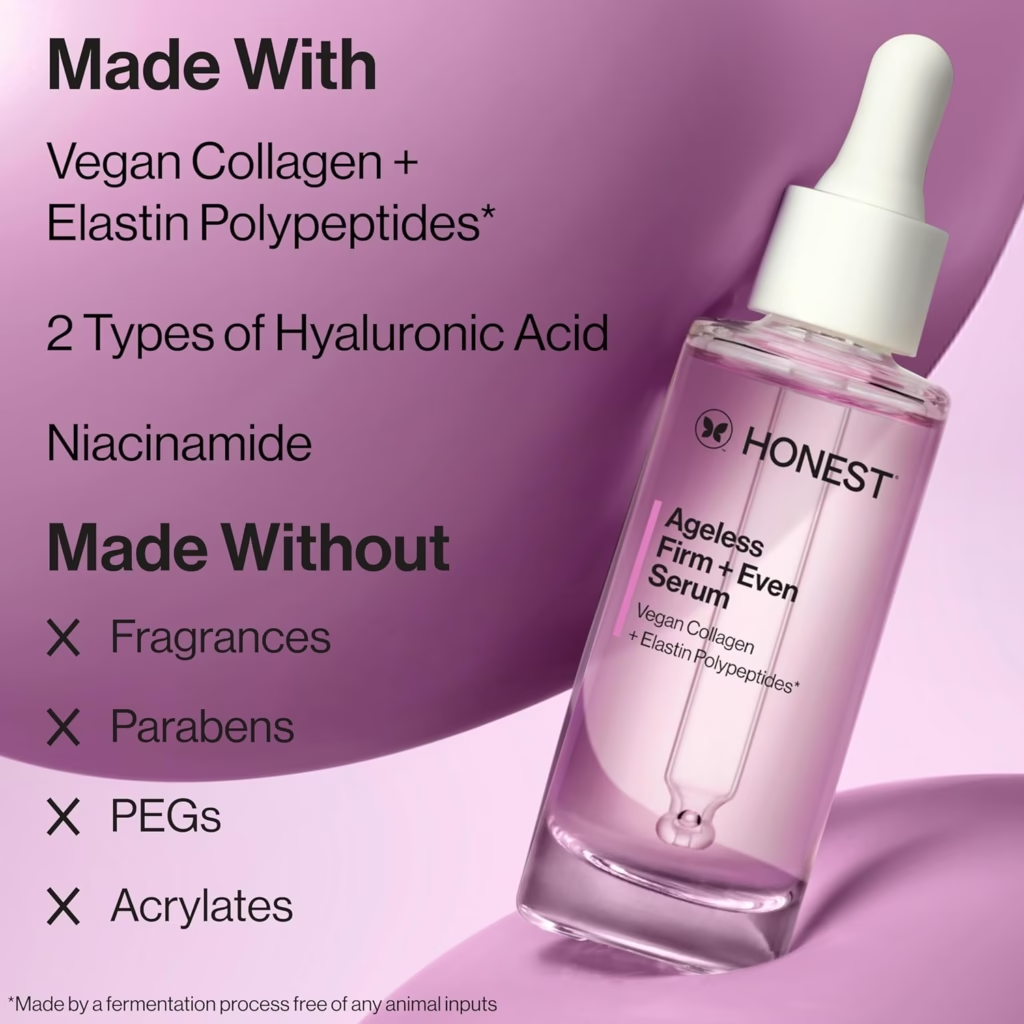
Honest Beauty Ageless Firm and Even Serum
Get youthful, radiant skin with Honest Beauty Ageless Firm + Even Serum—a clean, paraben-free formula that targets fine lines and uneven tone. 🌱✨ Loved by thousands on Amazon, it’s lightweight, non-greasy, and delivers visible results. 💖 Ready to glow? This serum is your new skincare must-have!
CeraVe Resurfacing Retinol Serum For Post-Acne Marks
Reveal smoother, clearer skin with CeraVe Resurfacing Retinol Serum—a paraben-free formula that helps fade acne marks and refine texture. 🌿💧 Packed with ceramides and niacinamide, it strengthens your skin barrier while gently renewing. ✨ Dermatologist-developed and Amazon-approved, it’s your shortcut to confident, radiant skin!
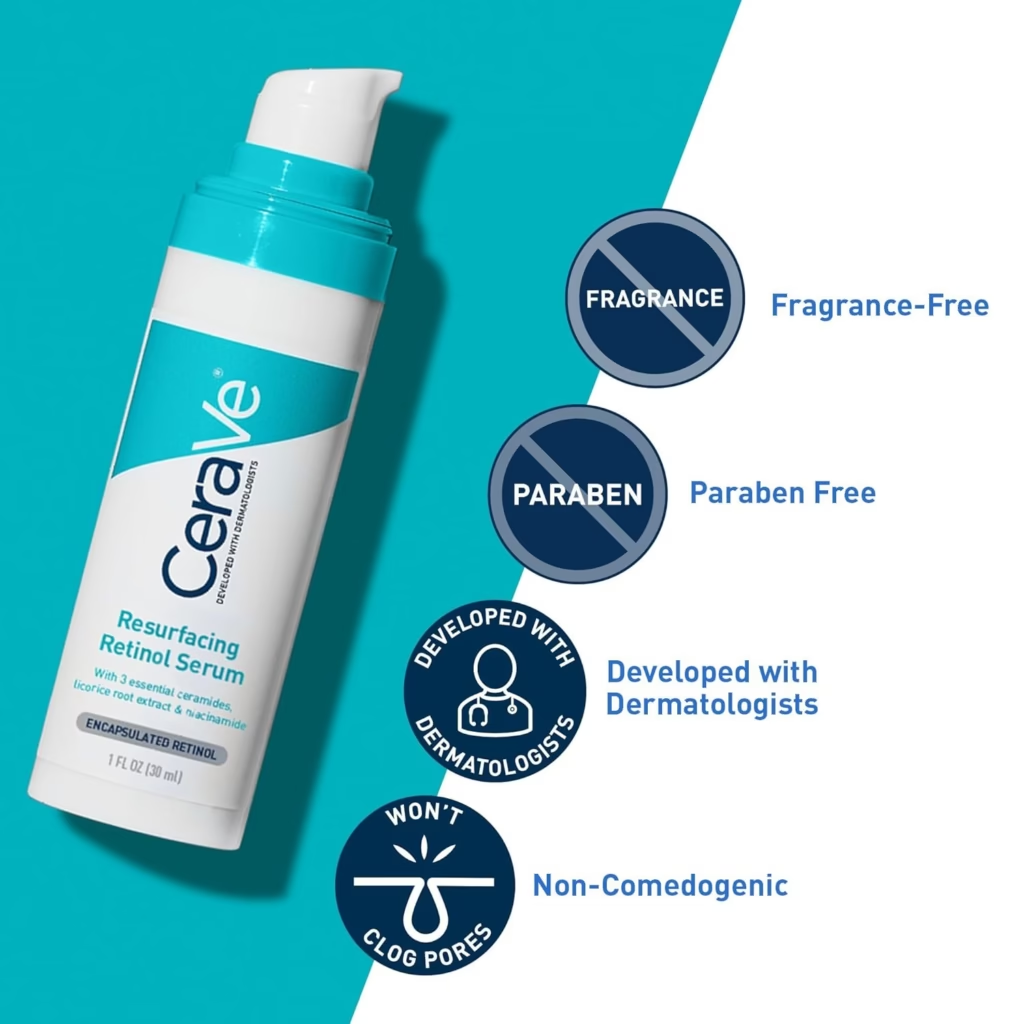

Marc Anthony Shampoo and Conditioner
Unlock longer, stronger hair with Marc Anthony Grow Long Parabens Free Shampoo—a paraben-free formula powered by caffeine and ginseng to boost growth and reduce breakage. 🌿💧 Infused with vitamin E, it nourishes every strand while protecting shine. ✨ Salon-tested and Amazon-loved and Best seller.
OGX Thick & Full + Biotin & Collagen Volumizing Shampoo
Turn every wash into a luxury ritual with OGX Thick & Full + Biotin & Collagen Volumizing Shampoo—infused with nourishing oils and exotic ingredients for hair that shines with health. 🌺✨ Sulfate-free and salon-inspired, it hydrates, strengthens, and transforms your strands. 💧 Amazon-favorite and beauty-lover approved—because your hair deserves nothing less!”
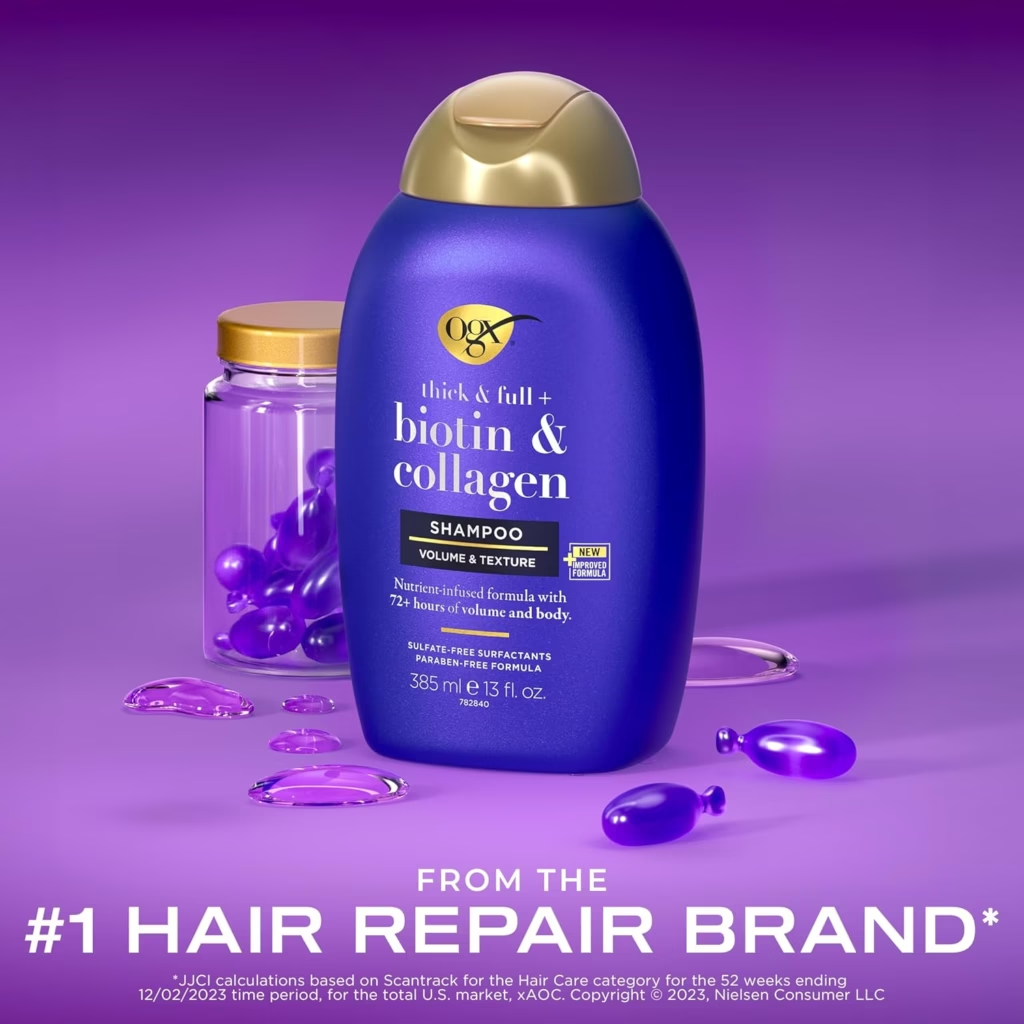
Final Thoughts: Your Skin, Your Choice
Beautiful people, here’s the truth: parabens aren’t always instant villains, they’ve helped preserve products for decades. But with growing awareness and healthier alternatives available, choosing paraben-free is a safer, forward-thinking choice for your skin, hair, and overall health.
So next time you pick up a moisturizer or shampoo, check that label, ask yourself: Do I really want parabens sitting on my skin and scalp every day? Chances are, your answer will be a confident “No, thanks!”
Remember, it’s not about fear—it’s about empowerment. The more you know about parabens, the more you can take charge of your beauty routine with confidence.
Do you want any suggestions or recommendations for paraben-free products or any kind of query? Just Comment below!
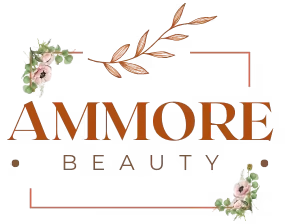
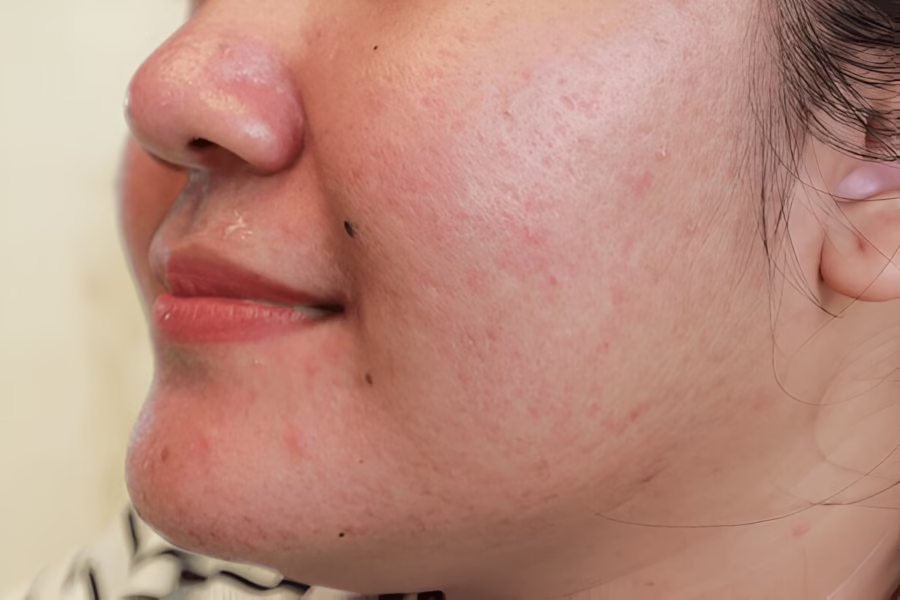
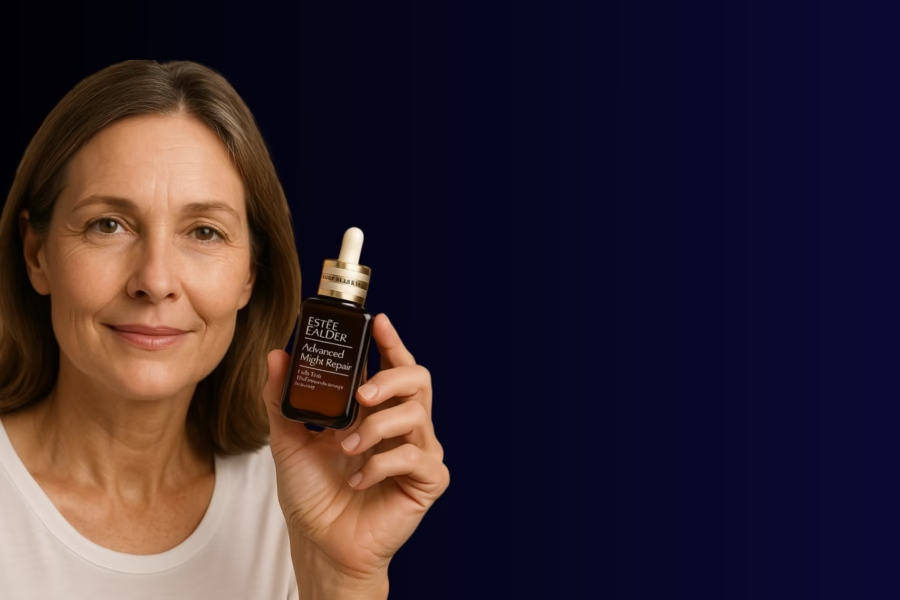
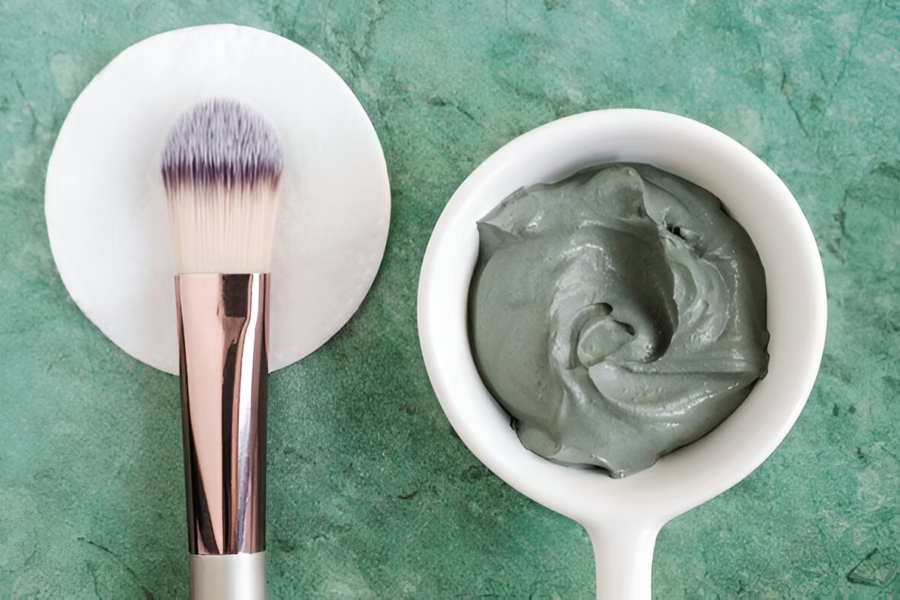
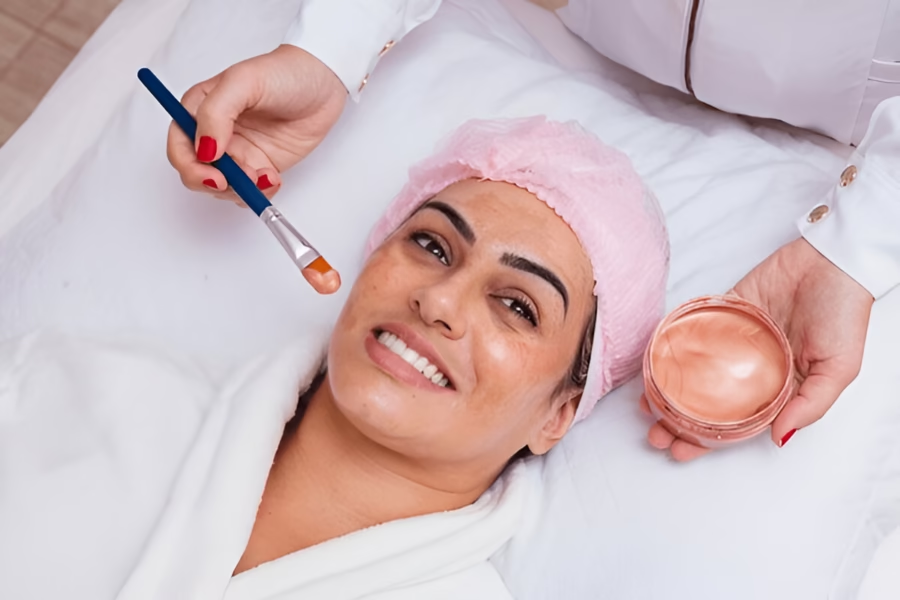
Great first experience